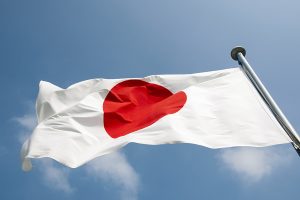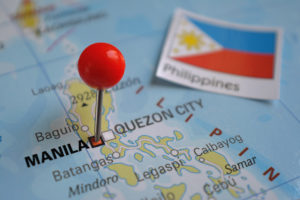Philippines: no tolerance on POGO tax evasion

In an official transmission from Malacañang Palace, the presidential spokeperson has weighed into the debate on POGOs’ tax obligations.
Philippines.- After several Philippines legislators criticised POGOs in recent days demanding they pay outstanding taxes, the Malacañang Palace has made its first response.
The presidential spokesperson Harry Roque said in an official transmission that any POGOs that failed to settle their debts would not be allowed to resume operations after lockdown restrictions are eased.
In a virtual press conference aired on state-run PTV-4, Roque said the government would not tolerate tax-evading POGOs.
He said: “We would not allow POGOs with unpaid taxes to operate).”
The announcement comes after senator Joel Villanueva said that only two POGOs had paid all of their tax obligations.
There are 60 licensed POGOs in the Philippines, but only ten have legal and fiscal residence in the country. Some argue that because they are located offshore, they don’t have to pay the 5 per cent franchise tax charged to local operators.
But members of the local congress such as Villanueva, and Senator Leila De Lima, have said the law does not distinguish between local and foreign POGOs and that all operators licensed by the Philippine Amusement and Gaming Corporation (Pagcor) must pay the 5 per cent tax.
Finance Secretary Carlos Dominguez III has said his office is looking into reports that some POGOs have reopened despite their failure to pay the tax.
Dominguez’s office has also estimated that the government should be collecting up to P20 billion (USD399million) a year in corporate and personal income taxes from POGOs.
POGOs’ operations have been suspended by PAGCOR since March due to the threat posed by Covid-19, but the government allowed a partial resumption of activity in May on the conditions that they first settle taxes and obtain clearance from the Bureau of Internal Revenue. Only a few firms have done so.








